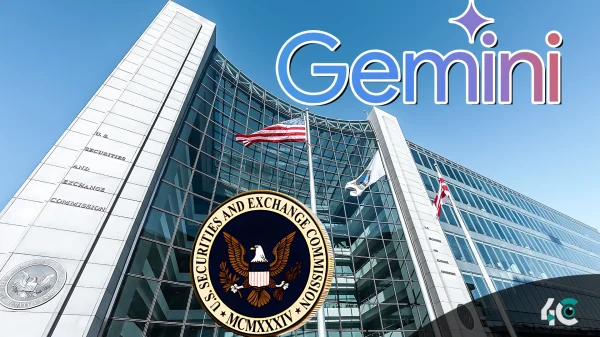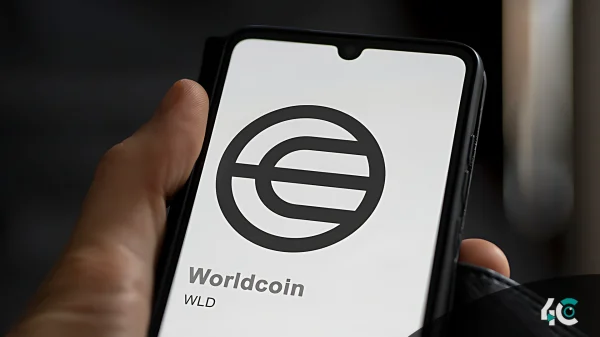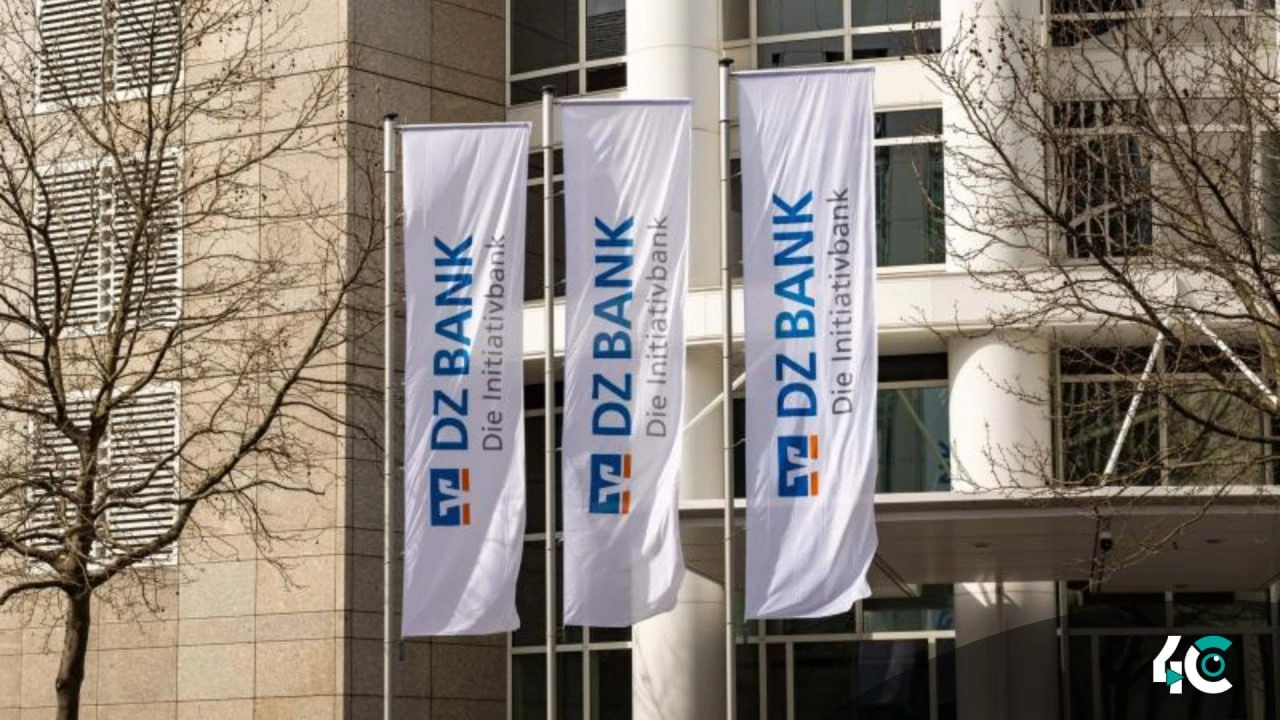Introduction: A Significant Move Towards Digital Assets
In a groundbreaking announcement, Germany’s DZ Bank has partnered with Boerse Stuttgart Digital to bring cryptocurrency trading and custody services to its cooperative bank network. This collaboration will enable approximately 700 banks to offer retail customers secure access to digital assets, marking a pivotal moment in the integration of cryptocurrencies into traditional banking.
Empowering Cooperative Banks with Crypto Solutions
Through this partnership, DZ Bank aims to provide its cooperative bank clients with a regulated entry point into the world of digital assets. Boerse Stuttgart Digital will supply the necessary technical and operational infrastructure, ensuring that these banks can offer reliable crypto trading and custody solutions. The phased rollout is set to begin later this year, with initial testing for select retail clients.
Dr. Matthias Voelkel, CEO of Boerse Stuttgart Group, emphasized the importance of professionalism, security, and trust in their infrastructure, which is designed specifically for financial institutions. This focus positions DZ Bank to cater to the growing demand for digital assets among its clients.
A Phased Rollout Plan
The initial phase of the rollout will involve connecting a select group of retail clients to the new trading platform. Following successful testing, a broader implementation will follow, enabling all cooperative banks under DZ Bank’s umbrella to participate in cryptocurrency trading. This systematic approach ensures a smooth transition into the digital asset market while maintaining the integrity of services offered.
Broader Implications for German Financial Institutions
DZ Bank’s collaboration with Boerse Stuttgart Digital is part of a broader trend among German financial institutions embracing digital assets. Other banks, such as Commerzbank and Landesbank Baden-Württemberg, are also developing their crypto service offerings, highlighting a growing recognition of the demand for cryptocurrency access among customers.
This surge in interest comes at a time when Western Europe is establishing itself as a leading region for crypto adoption, with Germany and France at the forefront of this movement. Reports indicate that daily trading activities in the region now involve between 1.2 million and 1.5 million individuals, underscoring the increasing appetite for digital currencies.
Conclusion: A Promising Future for Crypto Integration
As DZ Bank and Boerse Stuttgart Digital prepare for this ambitious partnership, the landscape of cryptocurrency trading in Germany is poised for significant change. With secure and regulated solutions in place, the integration of digital assets into the traditional banking framework promises to enhance the overall financial experience for retail customers. This strategic collaboration not only benefits the banks involved but also paves the way for a more inclusive and dynamic financial ecosystem in Europe.














































